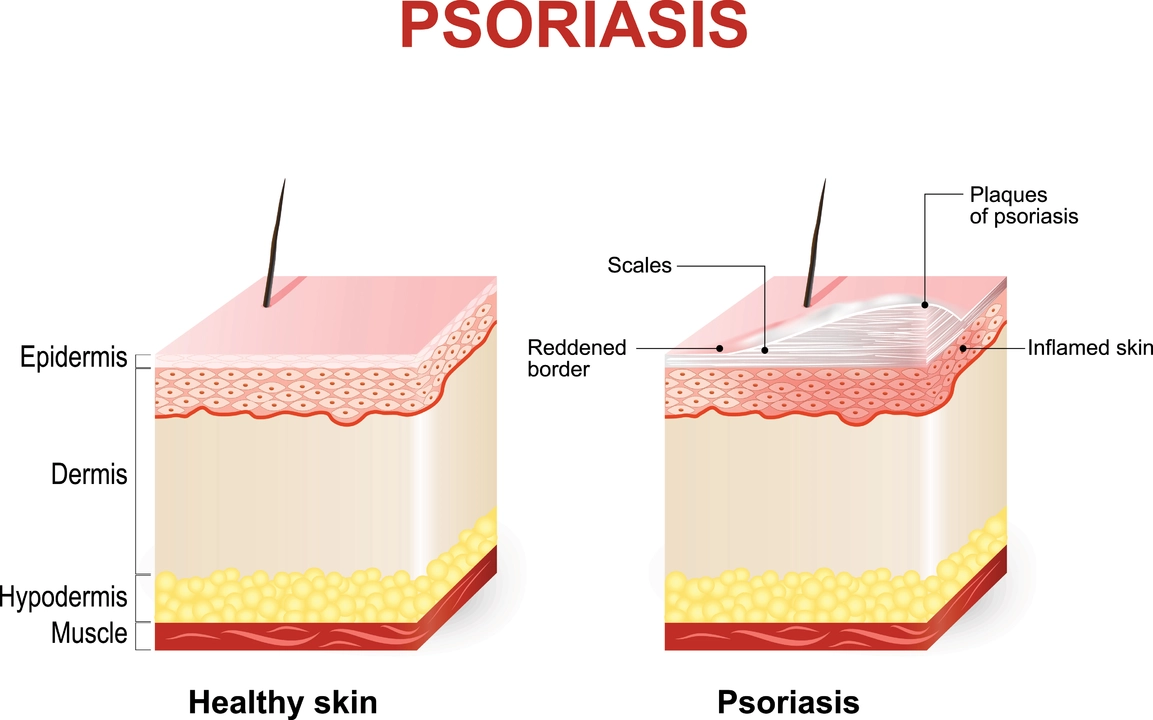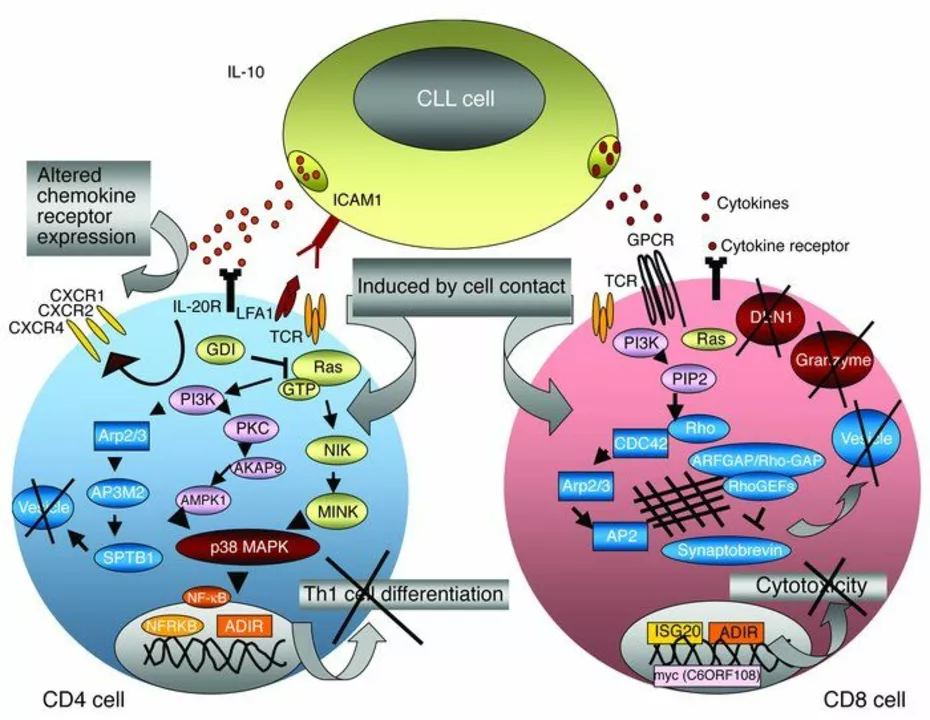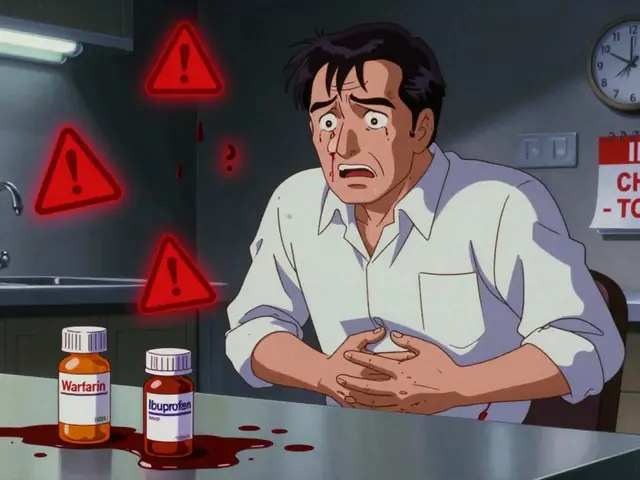April 2023 Pharmacy Archive: practical takes on thyroid, skin, chemo, and kids' meds
April 2023 on Viabestbuys Pharmacy Guide focused on four clear, useful topics: a link between Graves' disease and gluten sensitivity, why early diagnosis matters for plaque psoriasis, how chlorambucil works, and safe use of cetirizine in children. Each post gives facts you can act on—no fluff. Read on for quick summaries and practical tips from each piece.
Graves' disease and gluten sensitivity — what to watch for
The April post explained that people with Graves' disease, an autoimmune thyroid condition, seem more likely to have gluten sensitivity or celiac disease. That doesn't mean everyone with Graves' must go gluten-free, but it does mean testing is reasonable if symptoms match: digestive issues, unexplained weight loss, or persistent fatigue. Practical step: ask your doctor about celiac serology and consider a diet trial under guidance if tests are inconclusive. Some patients reported better thyroid stability after reducing gluten, but lab follow-up is essential to avoid missing other causes.
Another useful point: if you try a gluten-free diet, keep a food diary and track thyroid symptoms and medication needs. Changes in diet can change how your body uses thyroid meds, so coordinate any diet shifts with blood tests and your clinician.
Early plaque psoriasis care, chlorambucil basics, and cetirizine for kids
Early diagnosis of plaque psoriasis came up as a clear priority. The April article emphasized spotting typical signs—red, scaly patches on knees, elbows, or scalp—and seeking treatment before complications like psoriatic arthritis develop. Treatment can reduce inflammation and improve life quality; even topical options started early can make a big difference. If joints ache or swelling appears, tell your provider fast.
On a different note, the chlorambucil piece broke down how this chemo drug works without jargon. It’s an alkylating agent: it damages DNA in fast-growing cancer cells to stop replication. The post focused on its use in blood cancers like certain leukemias and lymphomas and highlighted common side effects such as low blood counts and nausea. Practical advice: ask your oncology team about infection risk, blood monitoring schedules, and ways to manage nausea and fatigue during treatment.
Finally, the cetirizine article looked at using this antihistamine in children. Cetirizine is generally safe when dosed by age and weight, but parents should watch for drowsiness or dry mouth. The post recommended following pediatric dosing charts, avoiding adult formulations or doubling doses, and checking with a pediatrician when symptoms persist or if the child has other medical issues or takes other drugs.
Want the full articles? Browse the April 2023 archive for each post's details, references, and real-world tips you can use with your healthcare team. These short, focused articles were written to help you ask better questions and make clearer decisions about thyroid health, skin care, cancer treatment, and safe meds for kids.







